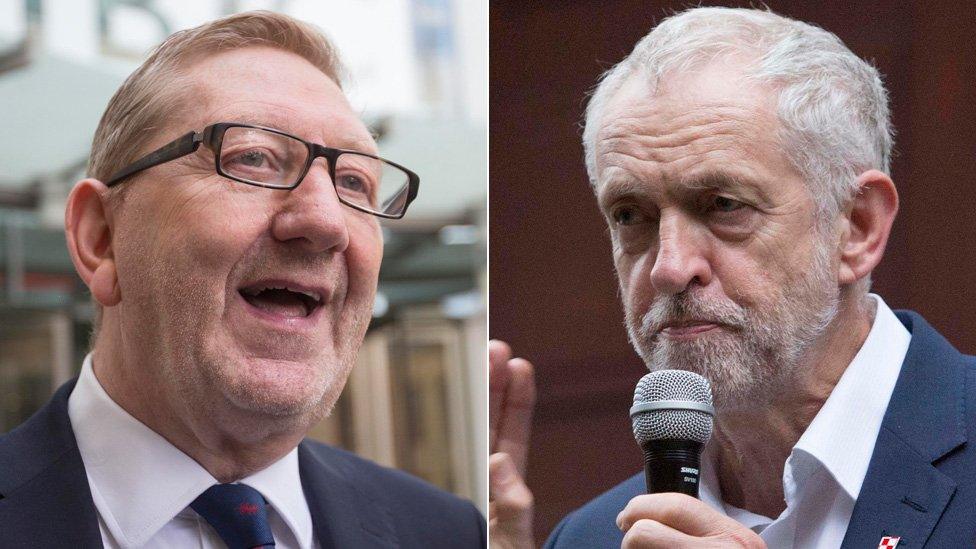Tony Blair: UK should keep Brexit options open
- Published
Tony Blair: Country 'should express its views'
Former prime minister Tony Blair has said "we should keep our options open" on the UK leaving the European Union.
He told the BBC the 48% who had voted to Remain felt "disenfranchised" and it was not clear "what we are moving to".
He said that "if the will of the people shifts" as details of what Brexit means for the country begin to emerge, then, "Why shouldn't we recognise that?"
Prime Minister David Cameron and Labour Leader Jeremy Corbyn have both ruled out a second EU referendum.
When asked on Radio 4's The World This Weekend whether "keeping our options open" meant a second EU referendum, Mr Blair replied: "It means whatever we decide it should mean as we see how this debate develops."
But he said the case for leaving the EU had "crumbled".
He said the government should engage now with other European Union countries to see what room there was for manoeuvre, stressing the continuing importance of David Cameron's role in this, rather than waiting for the outcome of the Tory leadership race.
He said the referendum had been an event of "seismic importance" but warned the focus in the wake of Mr Cameron's resignation as prime minister would be on the Conservative leadership contest rather than the country's national interest.
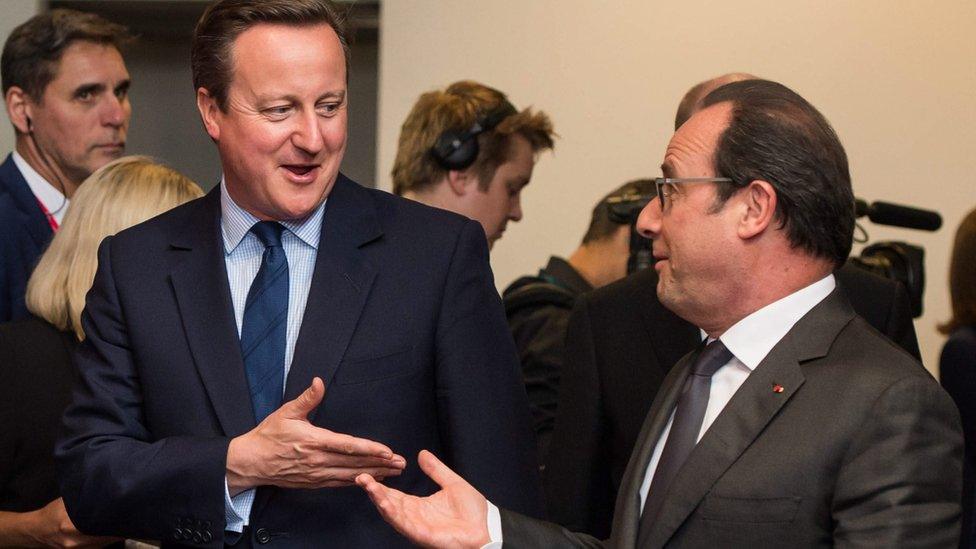
Mr Blair has called on David Cameron to begin immediate talks with European nations
He said that once the practical effects of the UK's decision to leave the EU became clearer, then there should be a role for Parliament.
"Right now it's clear. We're leaving," he added.
"But we don't know what we're going to. If what happens as we develop this negotiation with the rest of Europe, it does become clear - and let's suppose for example we find we're shut out of the single market, we have to rely on the World Trade Organisation as the route back in to different trade deals....
"My point is this. We are sovereign. Let's just keep our options open."
The former prime minister said Britain had "diminished" its place in the world and would have to "fight to get it back".
'Sidestep it'
There have been some calls for a second referendum and an online petition calling for one has been signed by more than four million people, although thousands of signatures were removed after it was hijacked by hackers.
Legally speaking, the petition would have to show a clear majority of the electorate now favoured Remain for a second referendum to be triggered, says the BBC's legal correspondent Clive Coleman.
The five Conservative leadership candidates have all said they would not hold a referendum on Britain's exit deal from the EU.
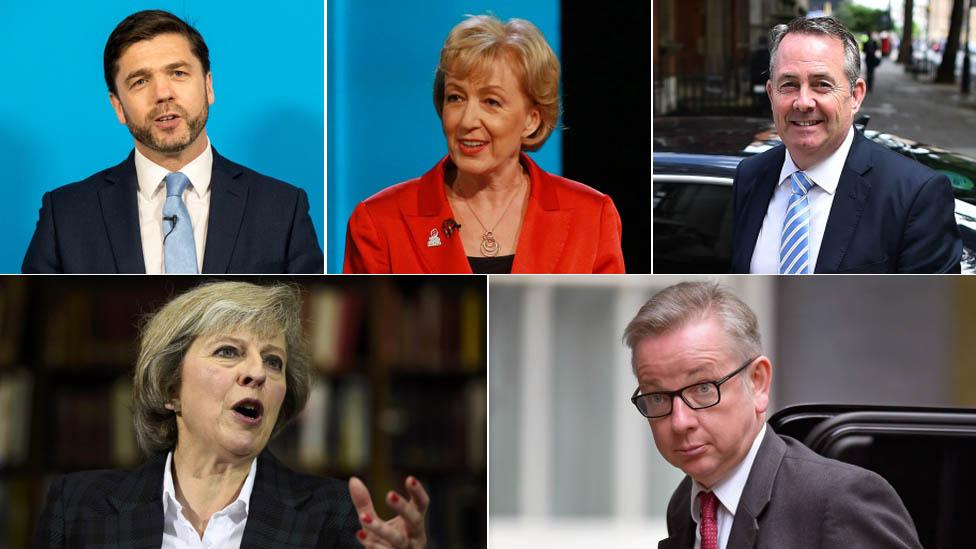
Conservative contenders: Stephen Crabb, Andrea Leadsom, Liam Fox, Michael Gove and Theresa May (clockwise from top left)
Work and pensions secretary Stephen Crabb, who campaigned for Remain, said the referendum was a "clear instruction to government" and there could be "no attempt to sidestep it".
Justice Secretary Michael Gove has said he would wait until at least 2017 to kick off the two-year process of negotiating the UK's withdrawal by invoking Article 50 of the Lisbon Treaty.
Home Secretary Theresa May, who is seen as the frontrunner, has said the government should not invoke Article 50 before the end of the year.
But energy minister Andrea Leadsom says it should be triggered as quickly as possible, to remove economic uncertainty.
In an interview with the Sunday Telegraph, former defence secretary Liam Fox pencilled in a date when the UK would leave the EU - 1 January 2019, external.
Mr Blair was also asked about immigration and the Labour leadership crisis on The World This Weekend.
He said there was not much more the UK could achieve by being out of the EU than it could from within and that it should explore options for what could be done without "having to eject ourselves from the entirety of the European Union".
But he said: "Even if you apply an Australian points system to European migration, you are going to get European migrants."
He would not be drawn into the debate over whether Jeremy Corbyn should stay or go as Labour leader, but said: "We have to have an opposition that holds the government to account."
Iraq War inquiry
Meanwhile, the former prime minister refused to comment on the long-awaited public inquiry into the Iraq War, which will be published on Wednesday.
The Chilcot report was launched in 2009 into the UK's participation in the US-led invasion of Iraq in 2003 - which led to the toppling of Saddam Hussein.
There have been calls for Mr Blair to apologise for his role in leading Britain into the war, in which 179 British service personnel were killed.
"I know why you have to ask me, and I hope you understand why, having spent several years saying I will wait for the report, I will actually wait for the report," he told the BBC.
Labour's John McDonnell also said he would not comment until the report was published - but refused to rule out calling for Mr Blair to be tried for war crimes over Iraq.
Former Scottish First Minister Alex Salmond said many MPs were "absolutely determined that account has to be held".
He said those MPs believed "you cannot have a situation where this country blunders into an illegal war with the appalling consequences" without "a judicial or political reckoning for that".
- Published3 July 2016
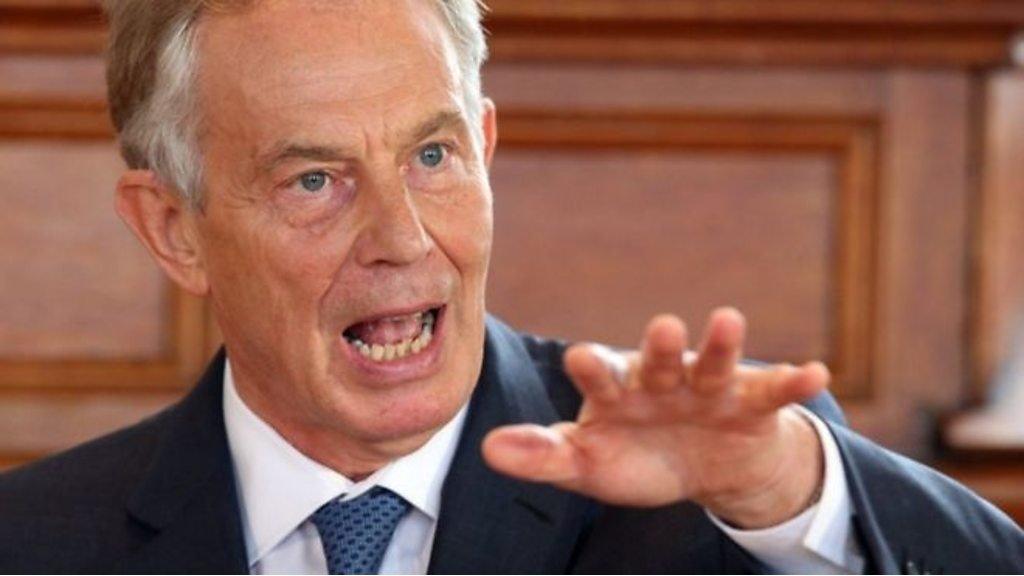
- Published19 June 2016
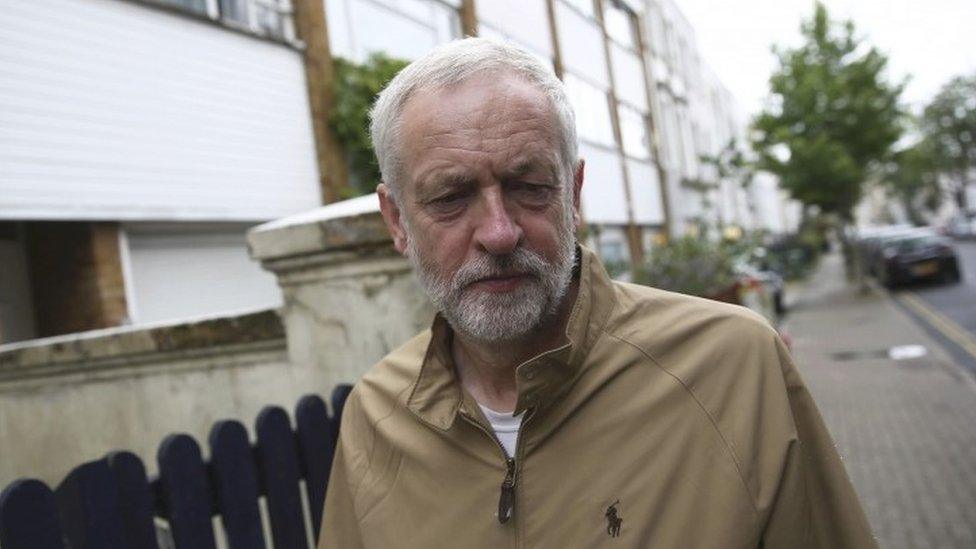
- Published3 July 2016
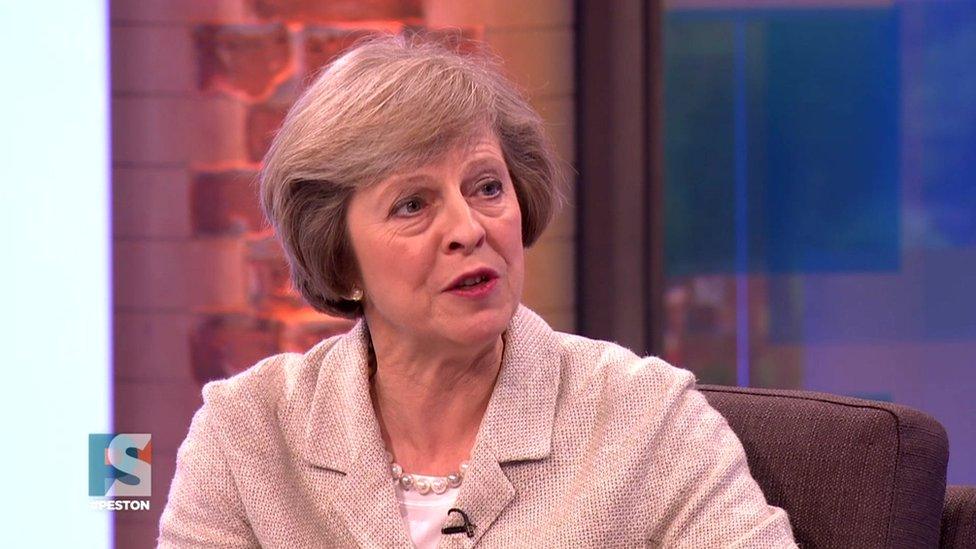
- Published3 July 2016
